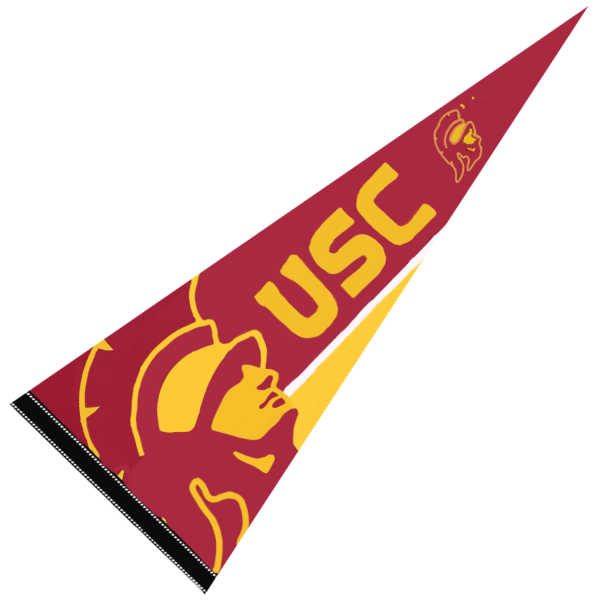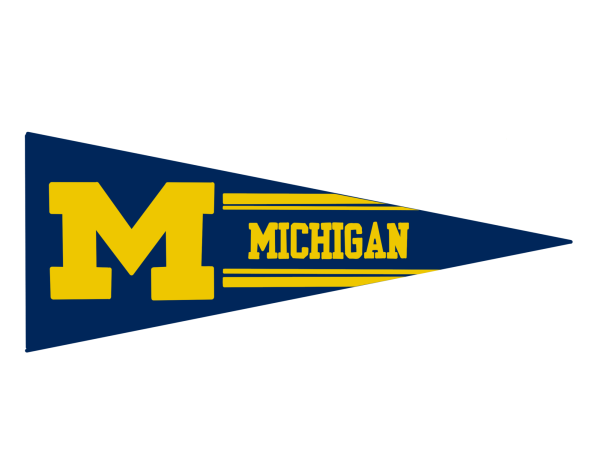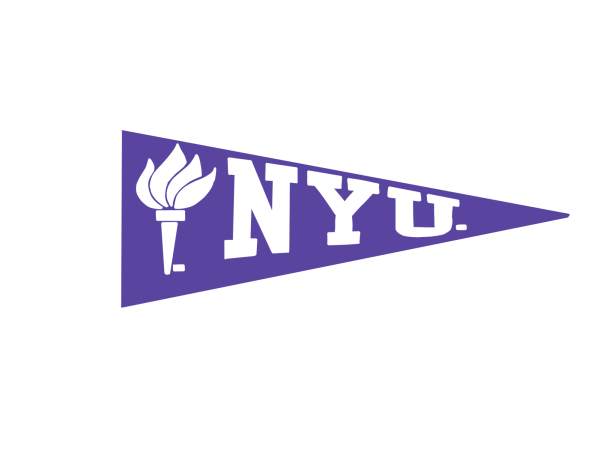As the national college decision day on May 1 approaches and Tamalpais High School seniors continue to hear back from colleges and universities nationwide, why does it seem so hard to get into schools this year?
There is a combination of factors that are playing into this. On the national scale, the high school graduating class of 2025 is the largest class ever, according to a Western Interstate Commission for Higher Education (WICHE) report. WICHE, an organization whose goals are to improve access to higher education and help students across the western region of the United States, estimates that the 2025 class will peak at around 3.9 million graduates, which is about 150,000 more than the reported 2023 class. Additionally, in the years after the class of 2025, WICHE predicts a steady decrease in graduates up until their projections end in 2041, where they expect a 13 percent decline over the next 16 years.
The extremely large number of graduating seniors is impacting college decisions. A school profile data set released by Tam last year showed that the class of 2025 had about 16 percent more students graduating than the class of 2024 and about 22 percent more students than the class of 2026. This year’s data release shows that the graduating class of 2025 has 90 more students or about 27 percent more than the current class of 2028 who are currently freshmen at Tam.
Colleges and universities across the country can only accept and admit a certain number of students every year and this surge in graduates is making a competitive college admission process even more difficult. Additionally, students are applying to more schools than ever.
“The ecosystem of college applications has become increasingly competitive due to the ease of application systems,” 17-year veteran private college counselor Julie Glusker said. “Applicants are also casting both wider and deeper nets, applying to a broader range of types of schools.”
Common App, the largest college application portal in the nation, released a dataset that includes data about this year’s applicants up until Jan 1, showing that there has been a seven percent increase in total applications compared to last year.
“I’ve noticed this year that some of the colleges that don’t tend to have a ton of applications are starting to have an increase,” Tam’s college and career center counselor, Keila Itzun said.
Schools are having to deny more students because of the mass amounts of applicants. Many students’ applications are being delayed or schools deferring every applicant and giving students false hope in some cases.
“The college application process is already stressful, and automatic deferrals can make it even more challenging,” Tam senior Max Fiek said.
Schools like the University of Southern California and Georgetown University elected to automatically defer every student during the early action decision rollout. Therefore every student who applied was either accepted or their application decision was delayed until the regular decision rollout which left some students in tough positions.

“Students are left struggling with whether to commit to an early decision at another school or hold out hope for a chance at admission to a place that might have otherwise rejected them,” Fiek said. “While deferrals may seem like an act of consideration from colleges, they don’t always serve students’ best interests.”
According to the school’s respective newspapers, New York University, Northeastern College, and the University of Michigan, received the highest number of applications in history. While schools like the University of Notre Dame recorded a 16 percent increase in applications, the University of Virginia received an 11 percent increase in applications, and the University of Texas at Austin received a 24 percent increase in applications.
Not only are schools receiving obscene amounts of applications but many of the schools that are receiving record numbers are the “named” institutions. Students are applying to schools because of rankings, name, or popularity versus truly finding the right fit school.

“College choices are (unfortunately) sometimes like a popularity contest,” Glusker said. “Often, students report they are interested in applying to colleges they genuinely know very little about other than school reputation, rank, or roster.”
Glusker, who advises around 20 students per grade, noticed that her students have been applying to more “reach” schools (a school boasting a less than 25 percent acceptance rate) with some clients applying to a list made up of more than 50 percent reaches.
In our community, it appears that many students are facing pressure from all sides. At Tam, the class of 2024 graduated with a grade point average (GPA) of 3.7. Considering this insanely high average GPA, kids are competing to get into high-ranking schools or what students perceive as the best. Instead of deciding what school will fit them best, students are trying to beat out each other.
“I have students who are doing very well academically and the first question they ask is do I have a good GPA?” Itzun said. “I’ve been noticing students comparing themselves and it’s very unfortunate that it happens because I feel every student is bright and talented.”

This sense of competitiveness can also be tied to social media and how interconnected people are.
“It is the emotional lift that seems to affect students now the most,” Glusker said. “There is a heightened amount of anxiety and frustration for many applicants because of social media and other platforms, the process has become more transparent and visible so pressure has increased.”
The culture surrounding the college application process needs to change. Each person is individually unique and provides something to every school they apply to. Instead of succumbing to the pressure and surrounding environment, it is best to take the approach open-mindedly.
“I always tell students that when you need help to take a step back,” Itzun said. “I also tell them it’s really important to take breaks and reach out to support systems that they have and to not be afraid to ask for help.”
The college process inherently is going to be very stressful and rigorous. It will feel like your entire school career has led up to this one point in life but that is not at all what it is. Schools are not just looking at your grades they are looking at who you are as a person through what many colleges describe as a holistic approach.

“Colleges are so competitive nowadays that it almost ruins the high school experience,” Tam senior Shade Murray said. “A lot of people do stuff just for the sake of their college application that they are not even passionate about.”
For students who are about to begin their college application journey, it is important to set expectations and be open-minded. Additionally, Glusker highlighted a few key things that future applicants should focus on: thoughtful college selection, genuine self-presentation, and comprehensive application strategy.
While this year may seem impossible to get into schools it isn’t all because of a very large grade, it also has to do with what schools students are applying to and the surrounding pressure from peers, counselors, and parents.
“I think it’s really important to reward yourself for hard work, especially by doing things you love,” Tam senior Jackson Gates said.






